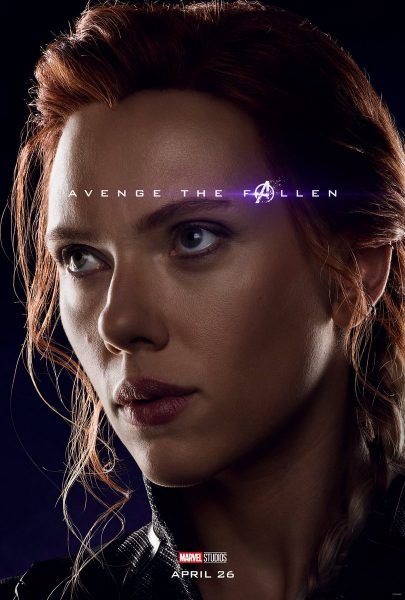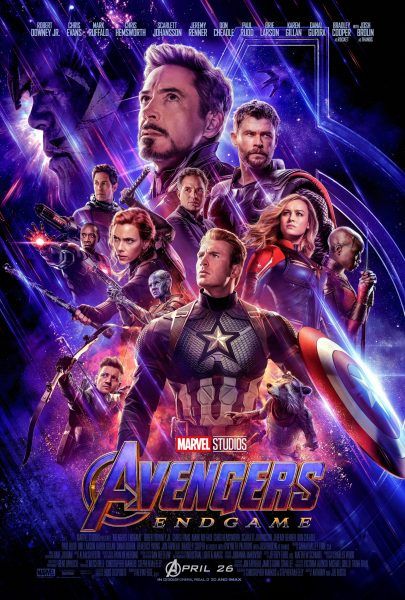Spoilers ahead for Avengers: Endgame.
After a glorified cameo in Iron Man 2, we really got to know Natasha Romanoff/Black Widow (Scarlett Johansson) in The Avengers. She was defined by “the red in my ledger”, and while that conversation was a ploy to draw out Loki’s plan, through further MCU movies we see Black Widow as someone who operates in a gray area because she’s done some really awful things in her past. She eventually gets pulled towards doing the right thing and fighting for others, but it always carries the weight of atonement. Unlike Iron Man or Hawkeye, who don’t really wrestle with what they’ve done in the past, Natasha’s fight for a better future was because of her pre-S.H.I.E.L.D. actions.
In this context, her death in Endgame makes sense. A brief refresher: When Hawkeye (Jeremy Renner) and Black Widow arrive on Vormir, they’re told that in order to obtain the Soul Stone, they have to lose someone they love--“a soul for a soul.” What makes this different than when Thanos murdered Gamora to get the stone in Infinity War is that Black Widow and Hawkeye love each other. They’re not romantically involved, but they love each other as friends. They would do anything for each other, but whereas Clint Barton’s obligation comes out of forgiving others (him “making a different call” when tasked with killing Black Widow in their past; the way he becomes a father figure of sorts to Scarlet Witch), Natasha’s obligation comes out of needing to atone.
It’s not a case of “fridging” where a female character dies in order to motivate other male characters. All of the male characters were already motivated and what’s more, Black Widow chooses to die. She chooses to die because of what it means to the present and what it means to the past, and that sacrifice is as noble as what Iron Man (Robert Downey Jr.) does at the end of the movie.
The reason Black Widow “needs” to do this isn’t because Hawkeye’s life is worth more or less but because her arc is trying to come to peace with the bad things she did. Hawkeye feels some guilt for his deeds as Ronin, but the film pretty much lets him off the hook by making it clear he just slaughtered a bunch of gangsters and terrorists. But more importantly, Hawkeye isn’t defined by guilt and Black Widow is. Her whole Avengers career is about trying to make up for it, and that’s why she feels stuck at the beginning of Endgame. She can try and pick up the pieces, but it feels like too little, too late.
The only thing that minorly deflates the impact of her death has nothing to do with the narrative, but with Hollywood. A Black Widow movie is on the way. It will presumably be a prequel, but whenever it’s set, you don’t get the finality that you do with Robert Downey Jr.’s exit. Scarlett Johansson is still with the MCU, and while it’s rad that she’s finally getting her own (overdue) solo movie, we can’t really say goodbye to Black Widow like we do with Iron Man or Captain America. But that’s an issue of franchising rather than story, and the story for Black Widow comes to a fitting conclusion in Endgame.
Note: This article was initially published at a prior date, but in advance of Avengers: Endgame’s release on Digital HD on July 30th, we’re highlighting our spoiler-filled Endgame content.
For more on Avengers: Endgame, click on the links below:
- ‘Avengers: Endgame’ May Have Teased the Arrival of ‘Namor’
- ‘Avengers: Endgame’: That Black Widow/Hawkeye Scene Nearly Ended Differently
- Why the Netflix Marvel Heroes Aren’t in ‘Avengers: Endgame’
- ‘Avengers: Endgame’ Writers Reveal an Alternate, Longer Battle Scene



